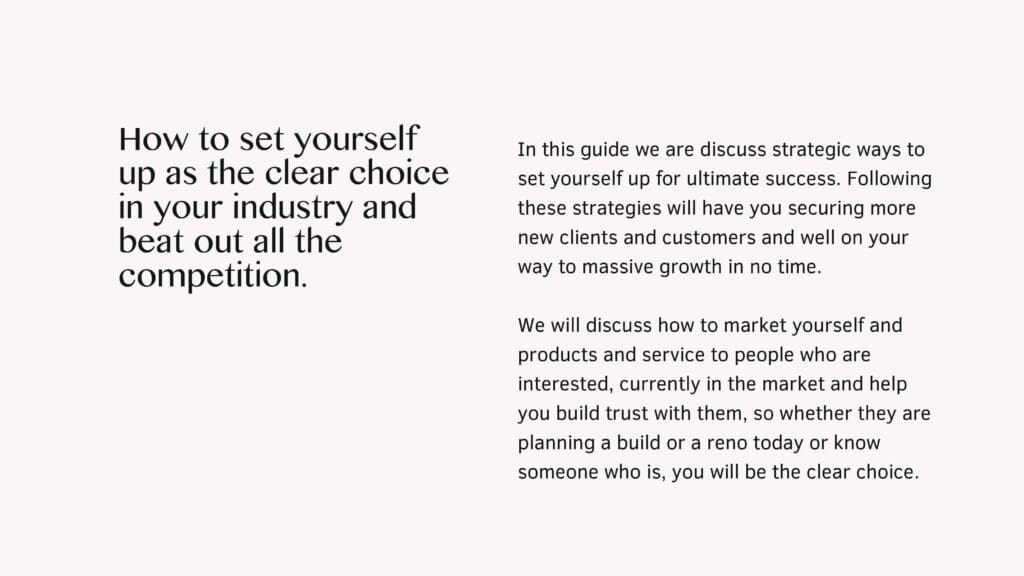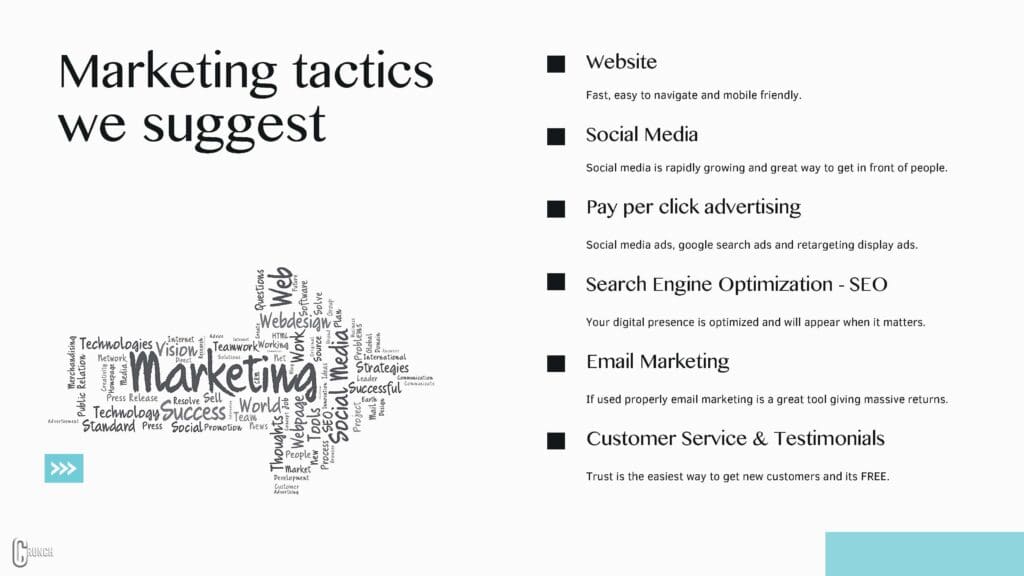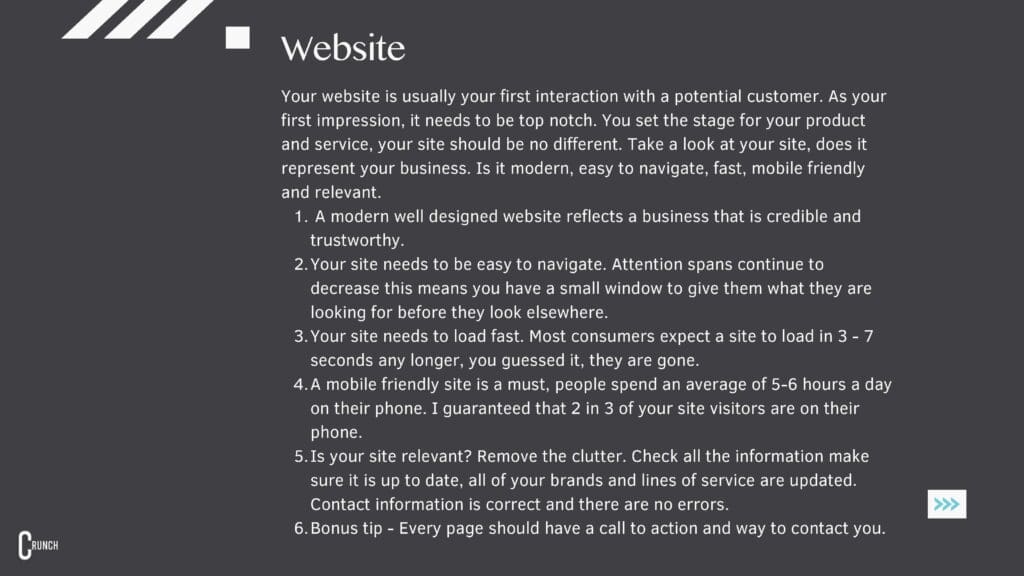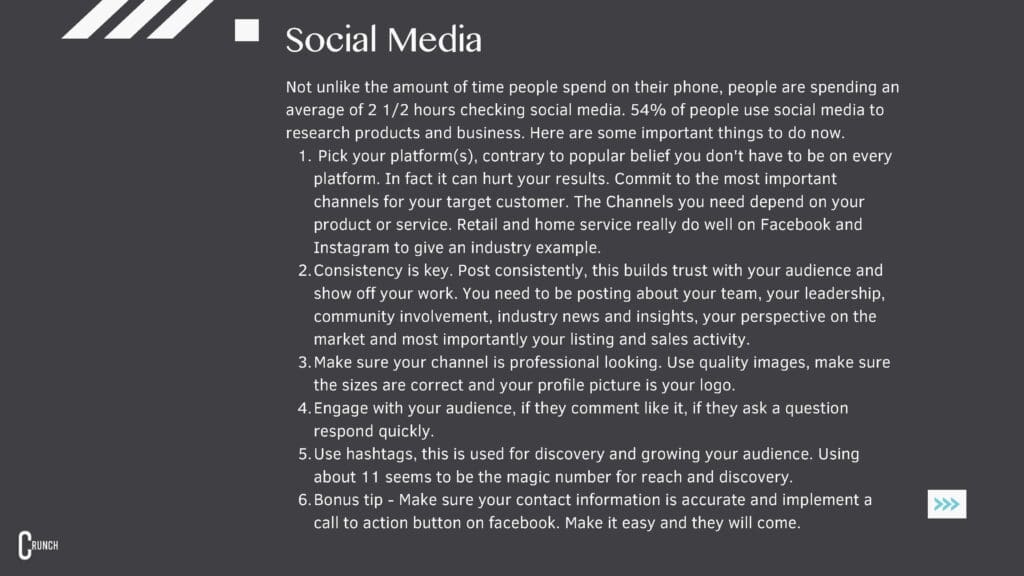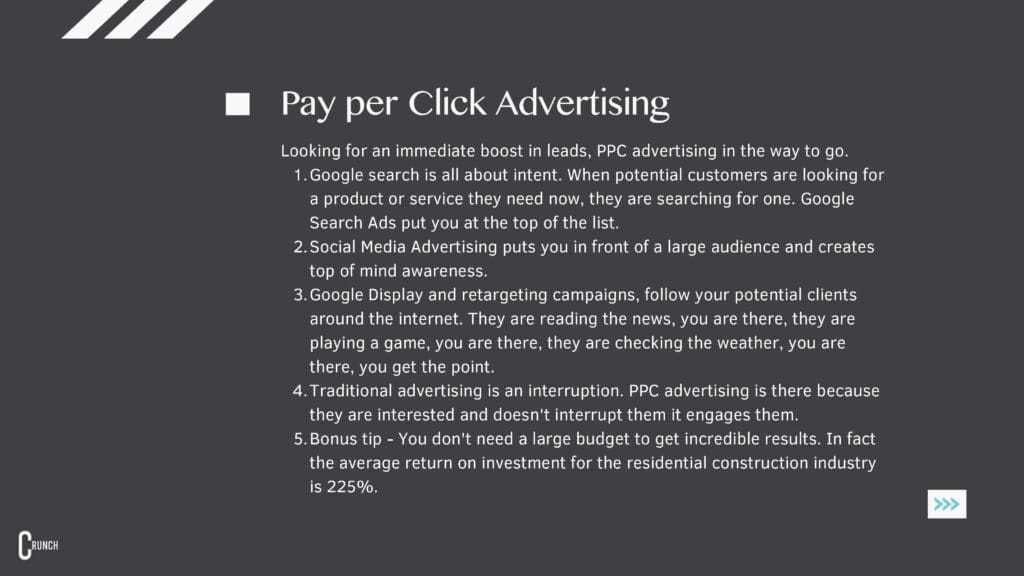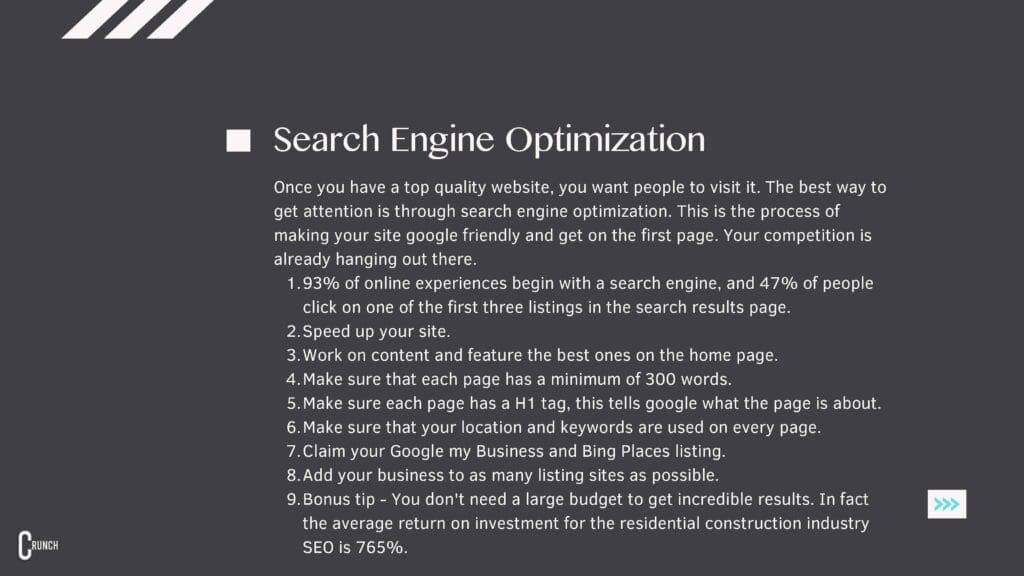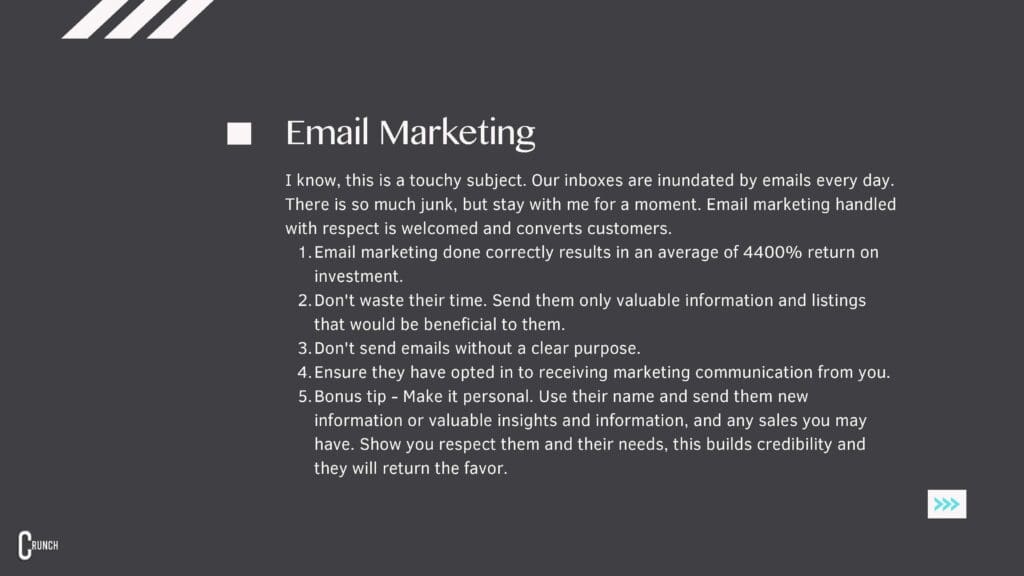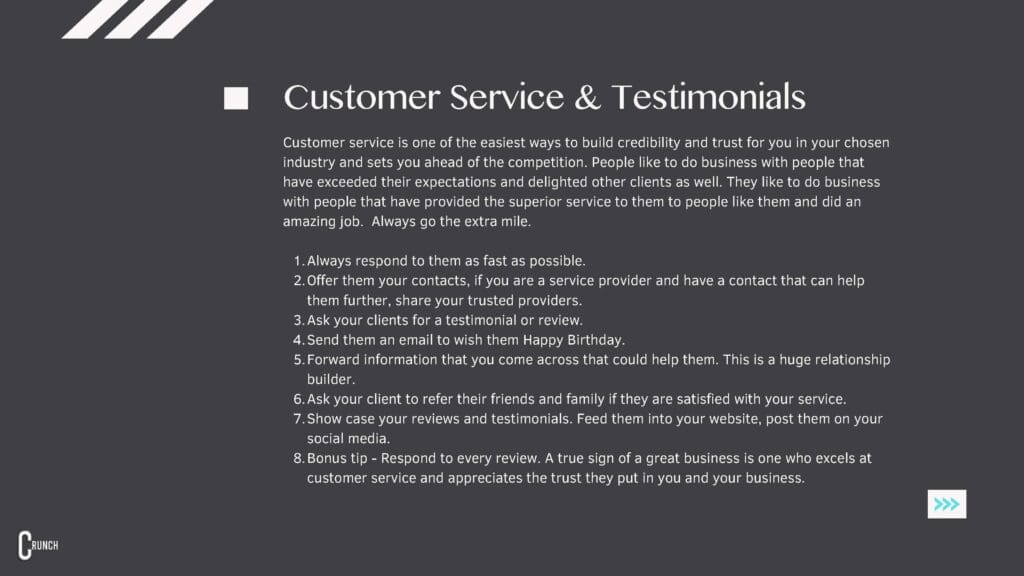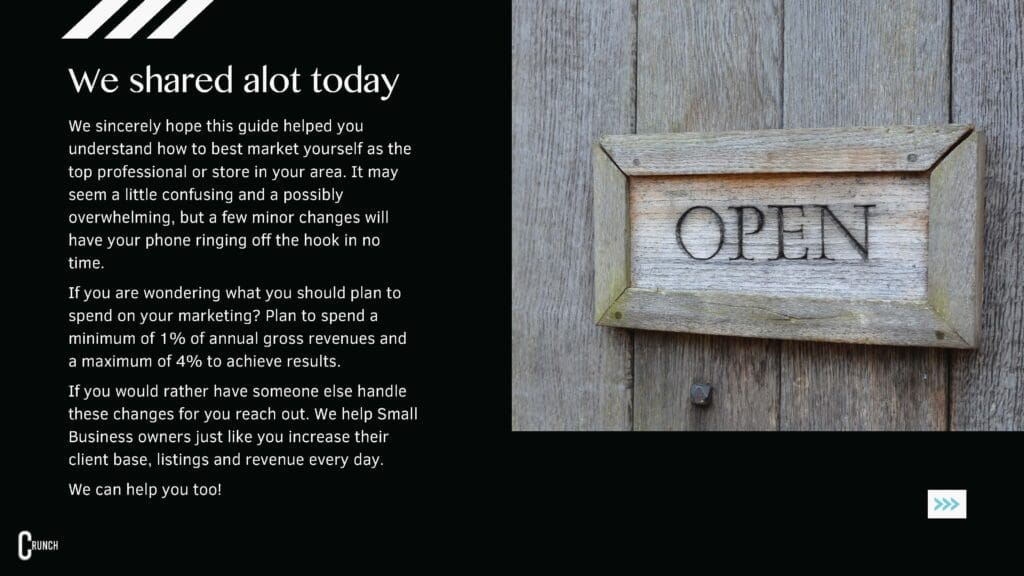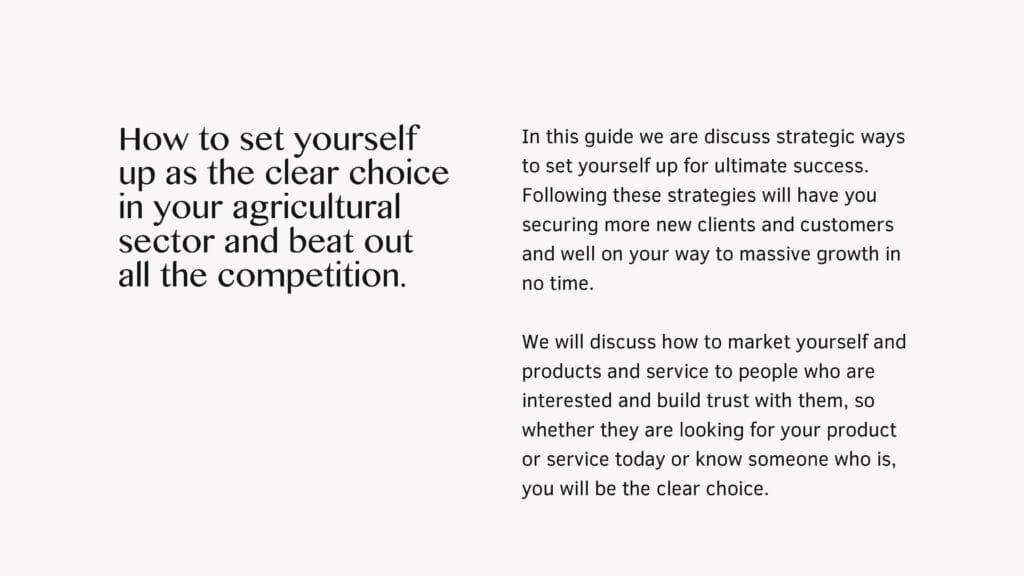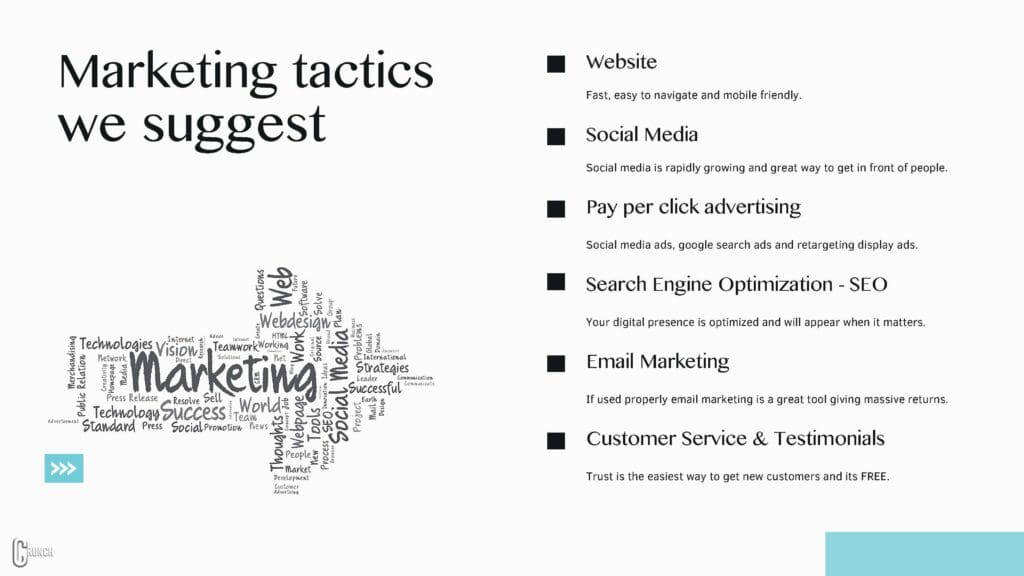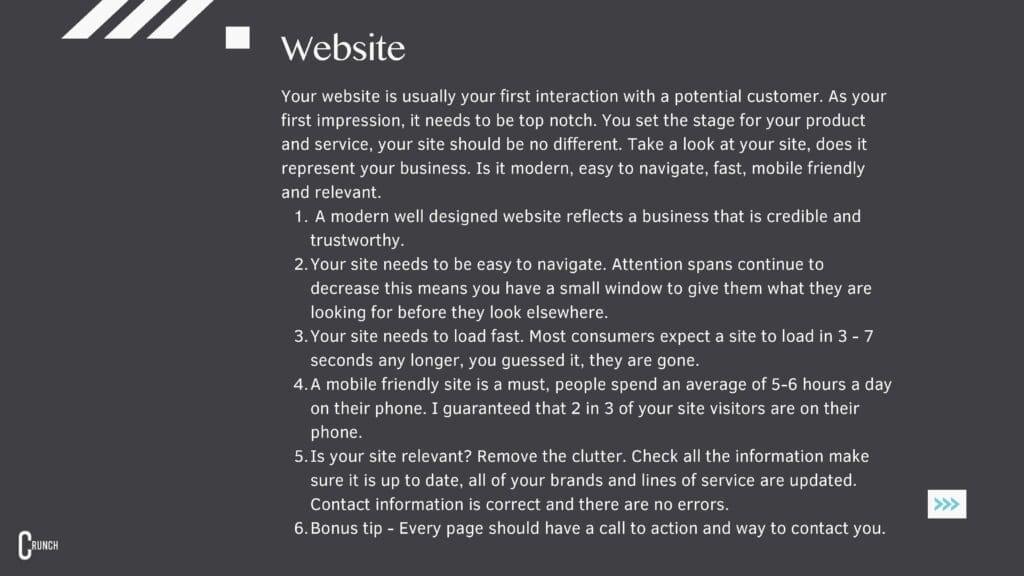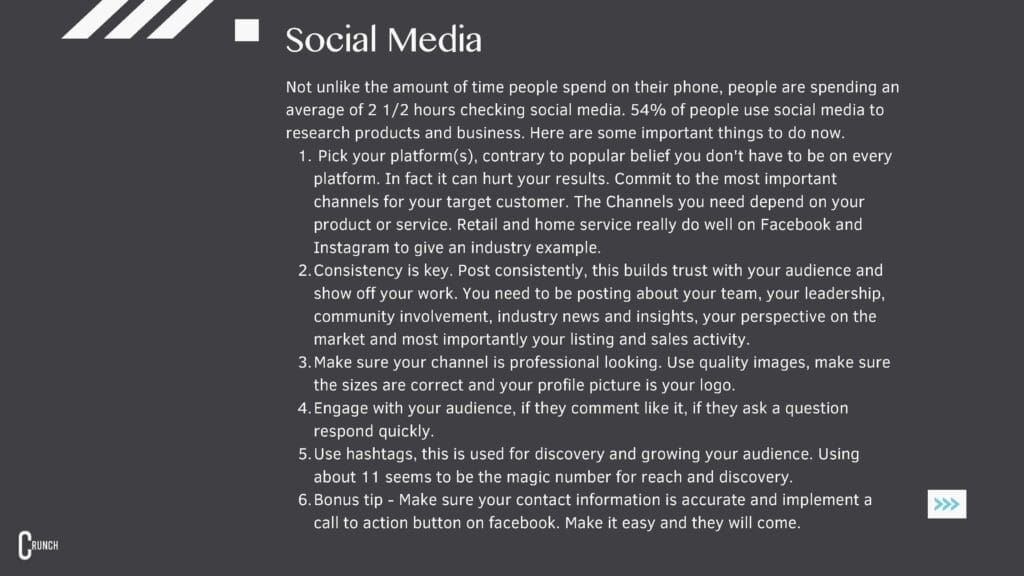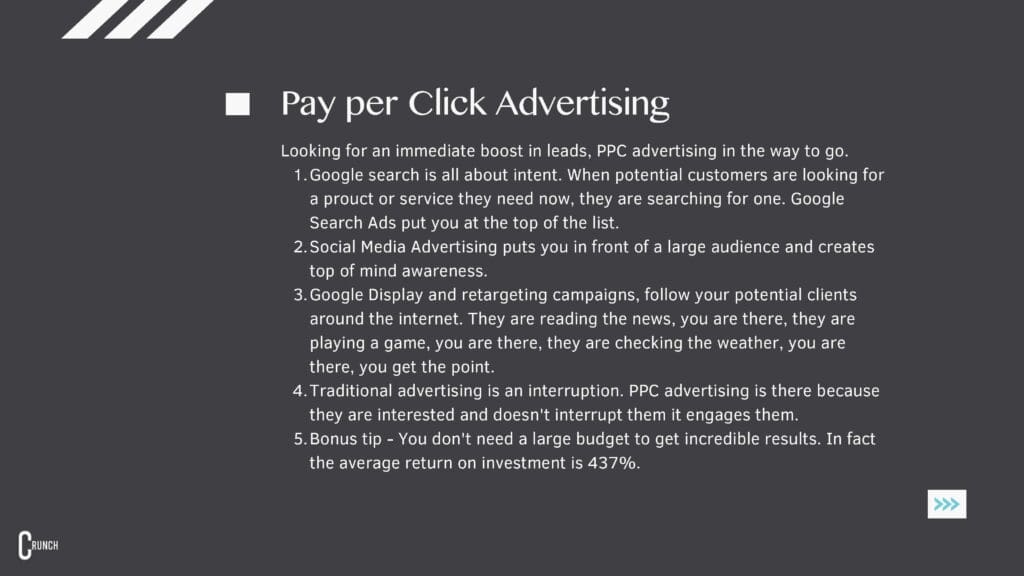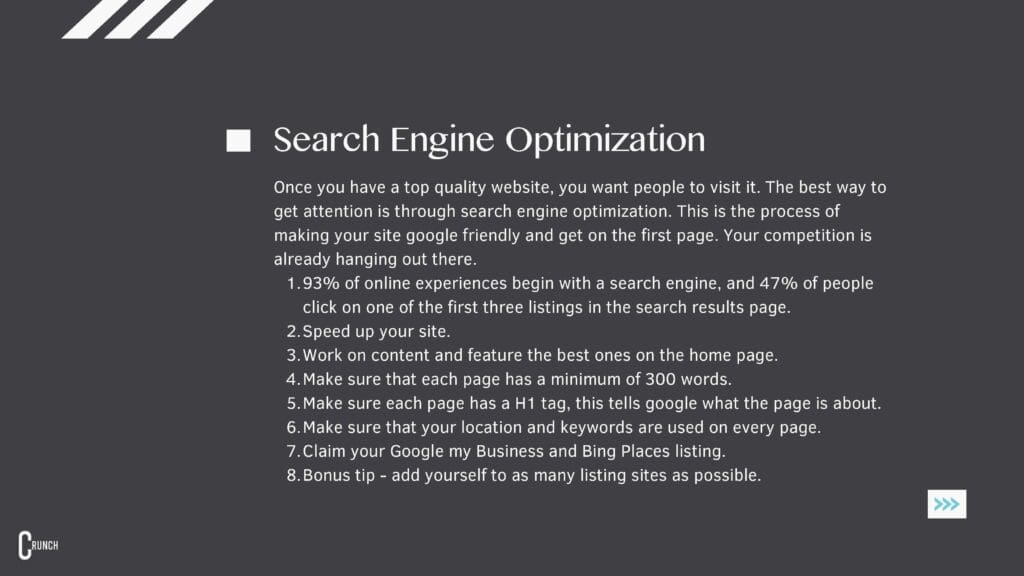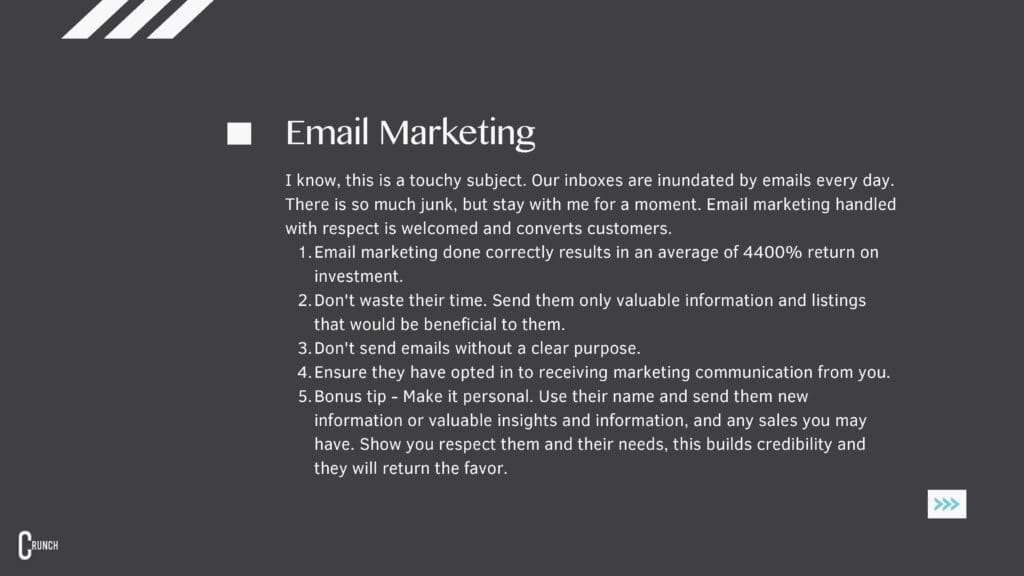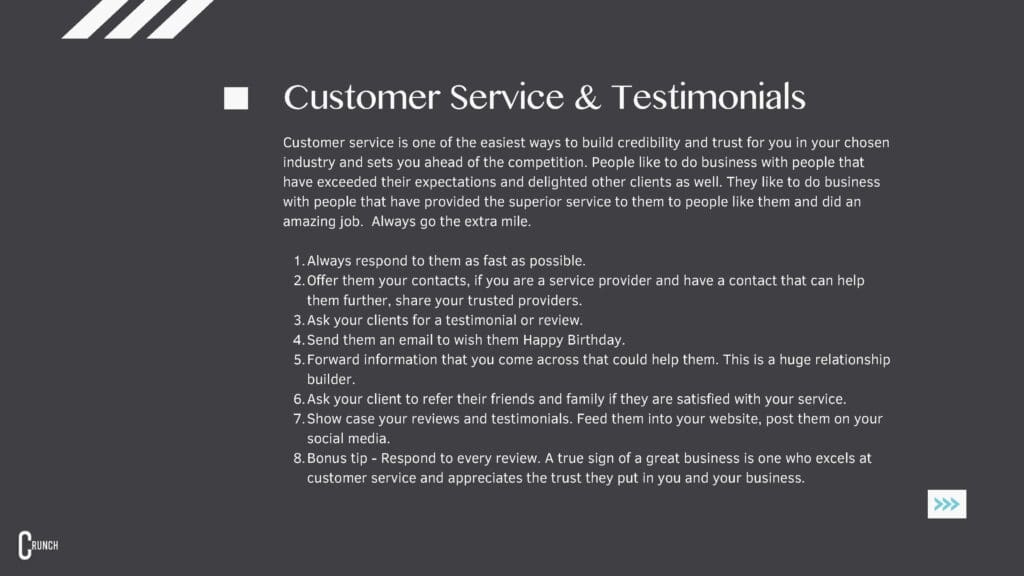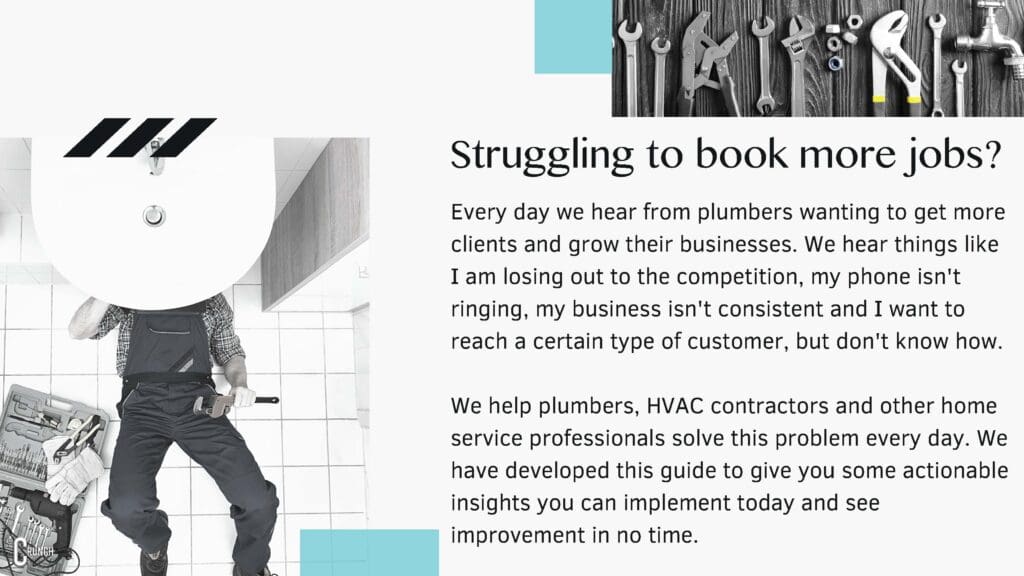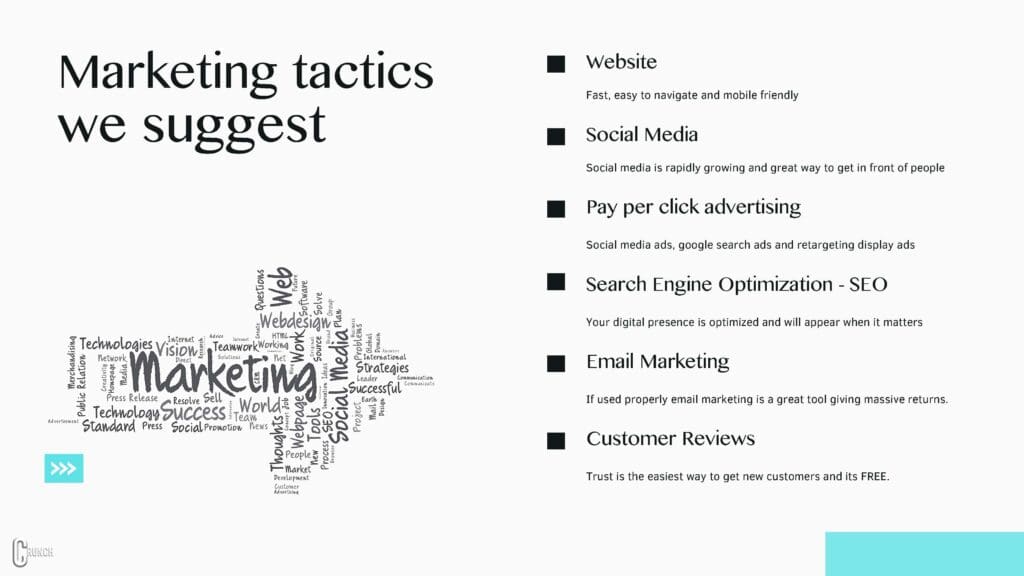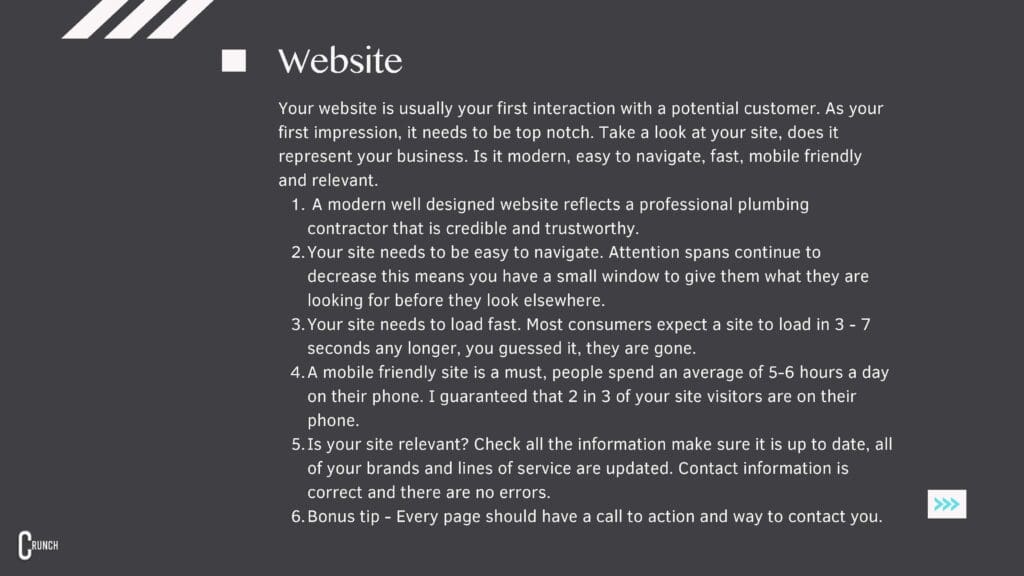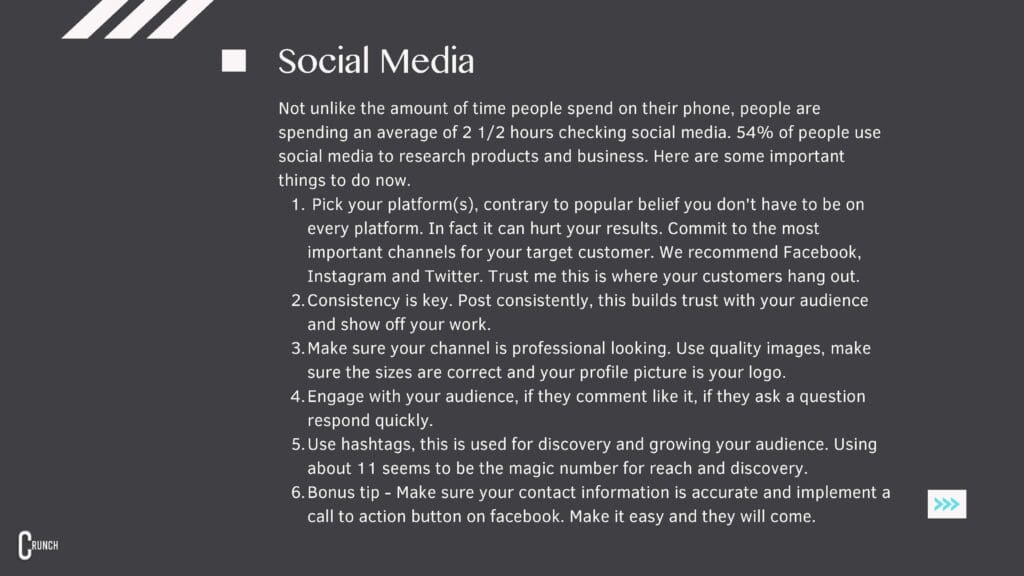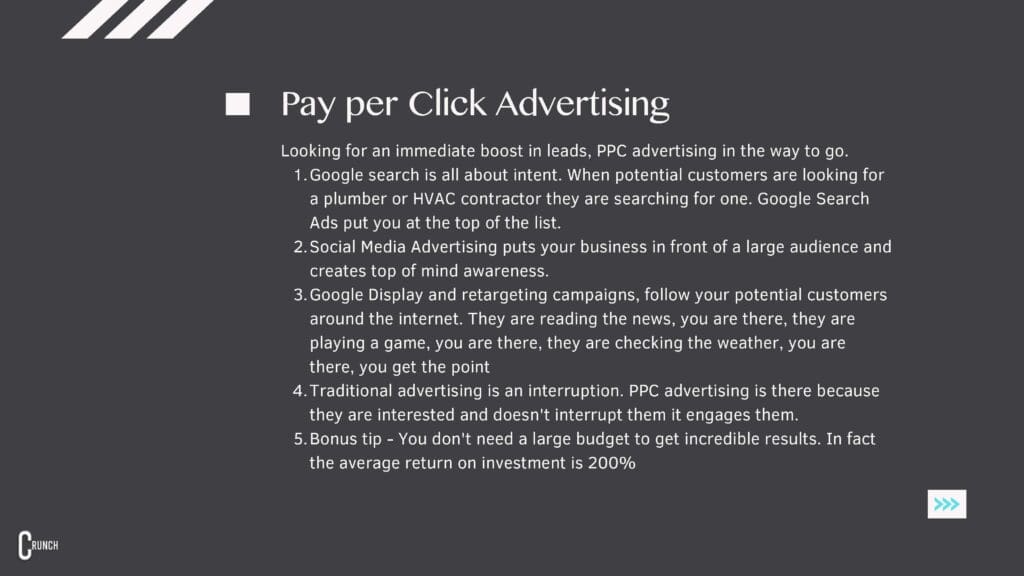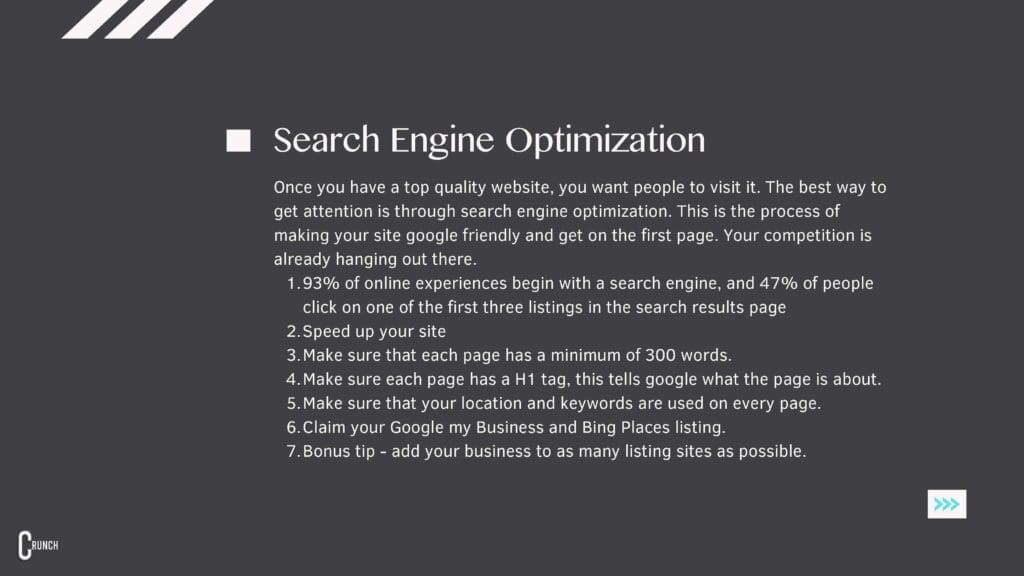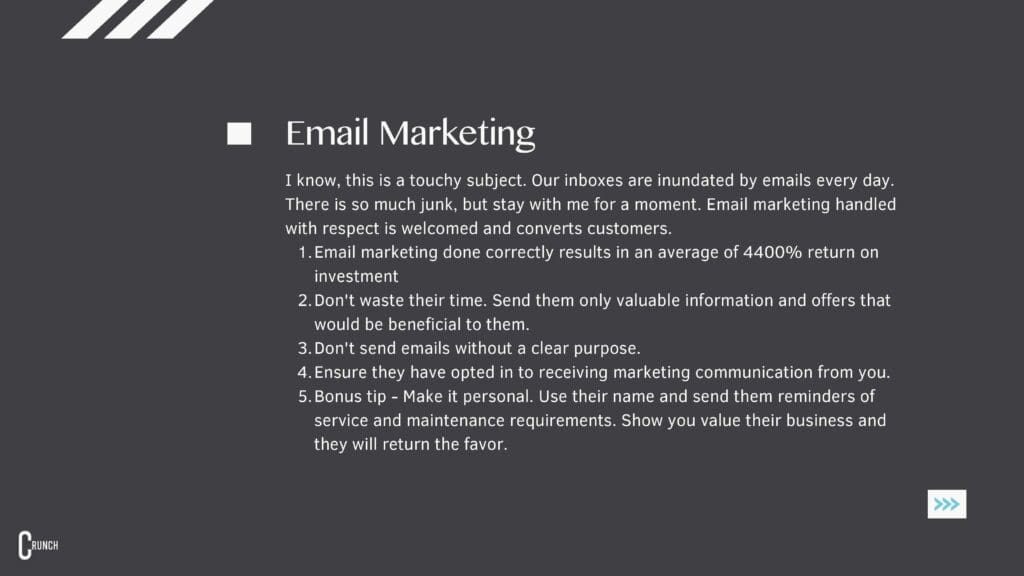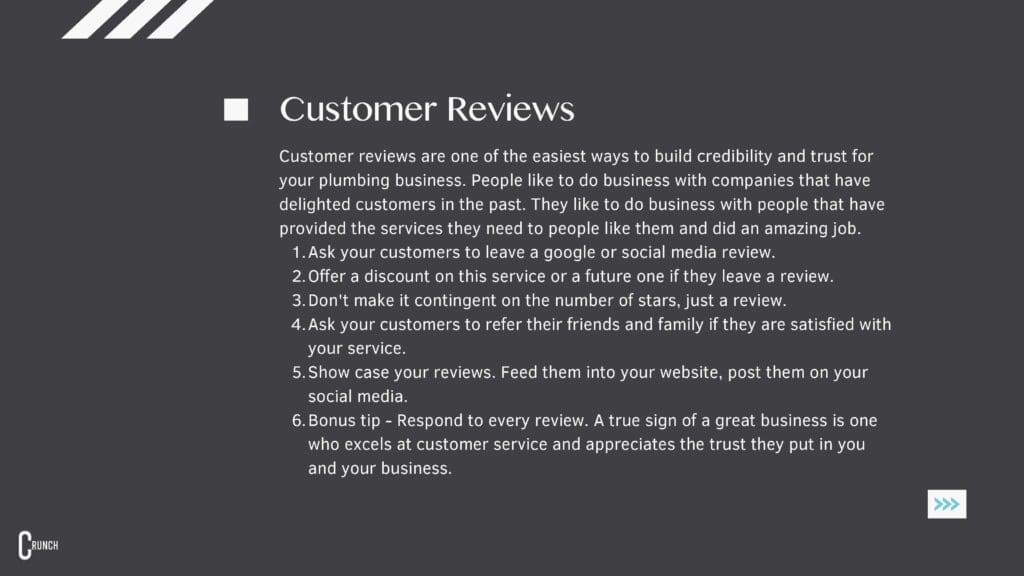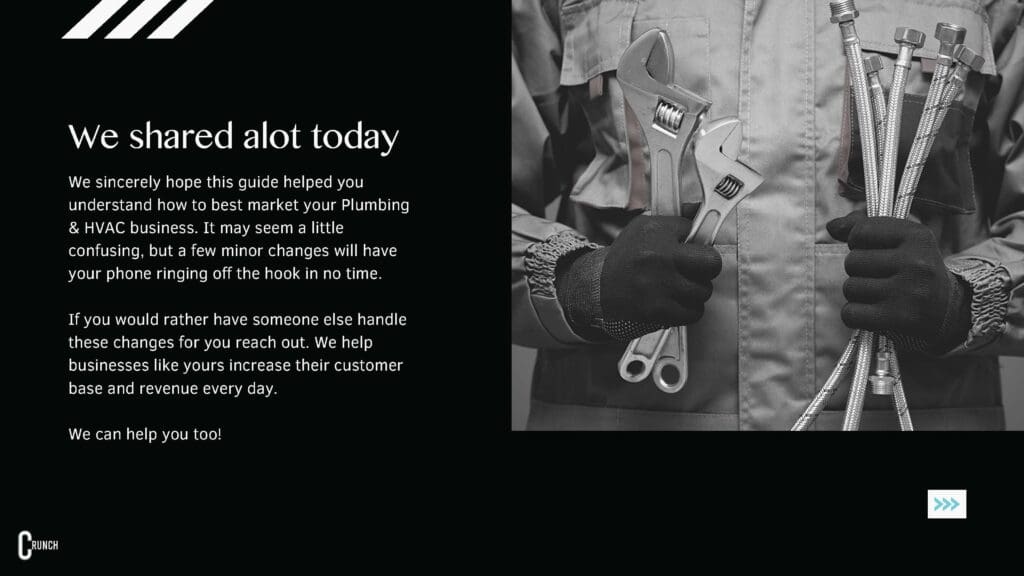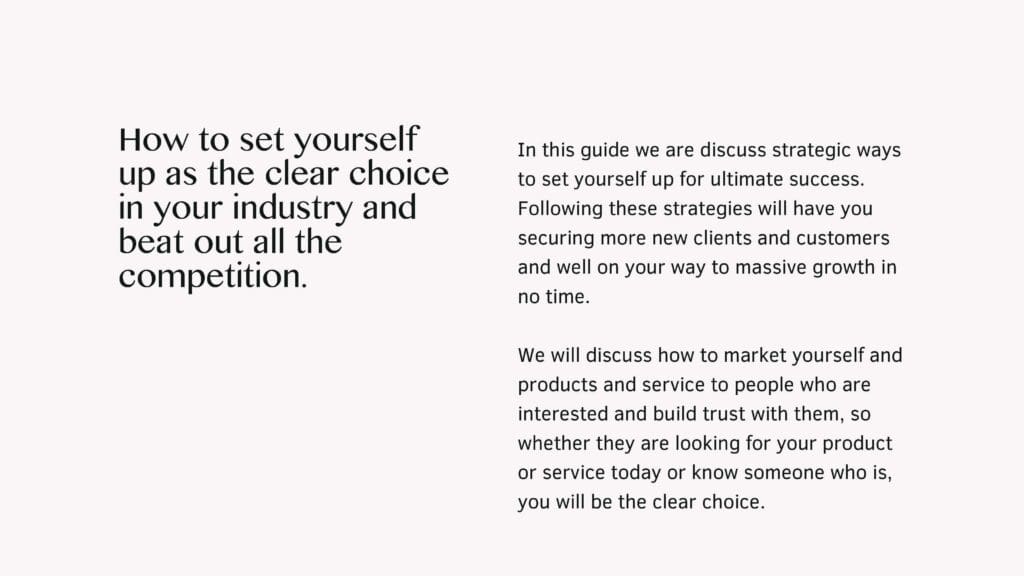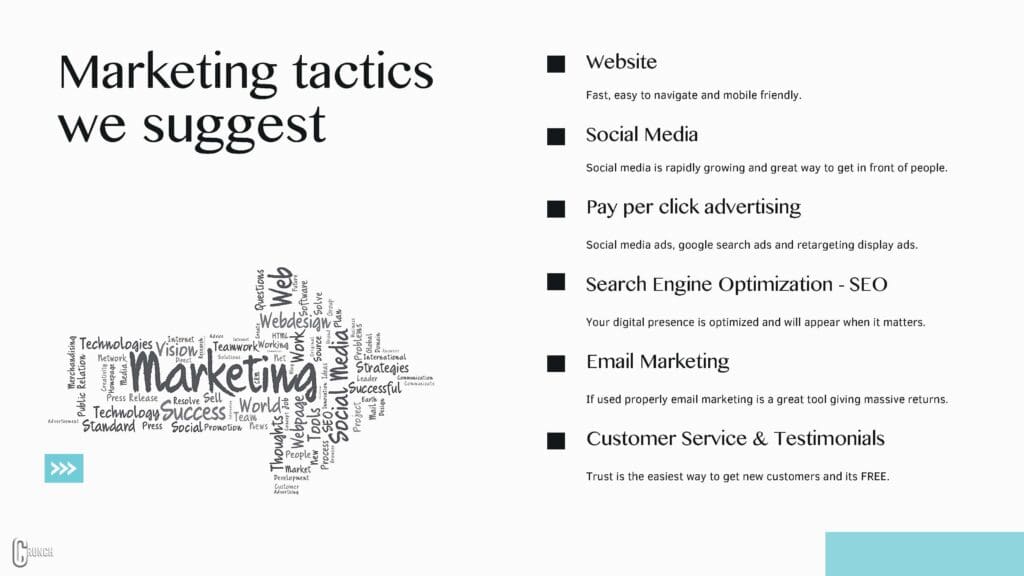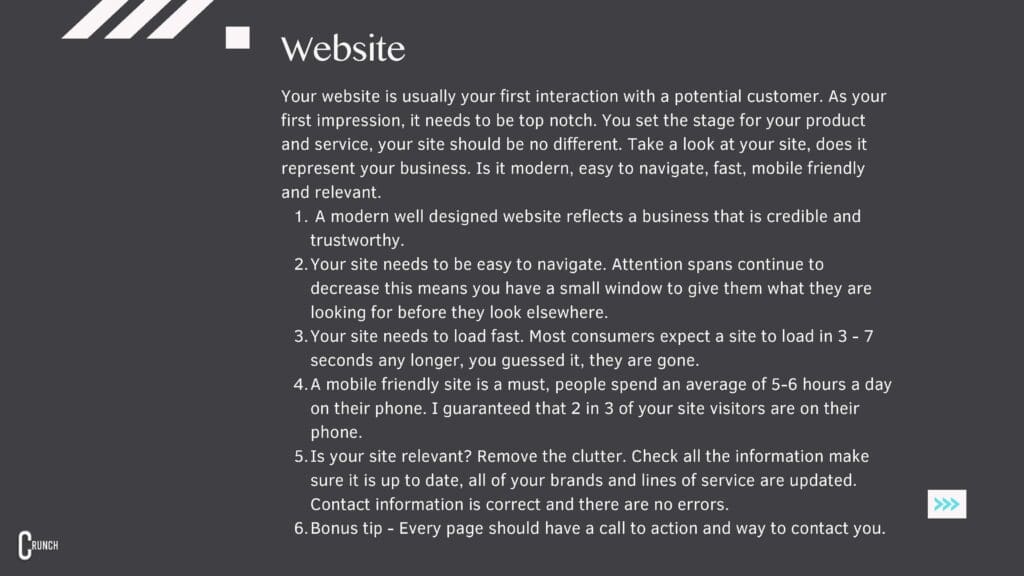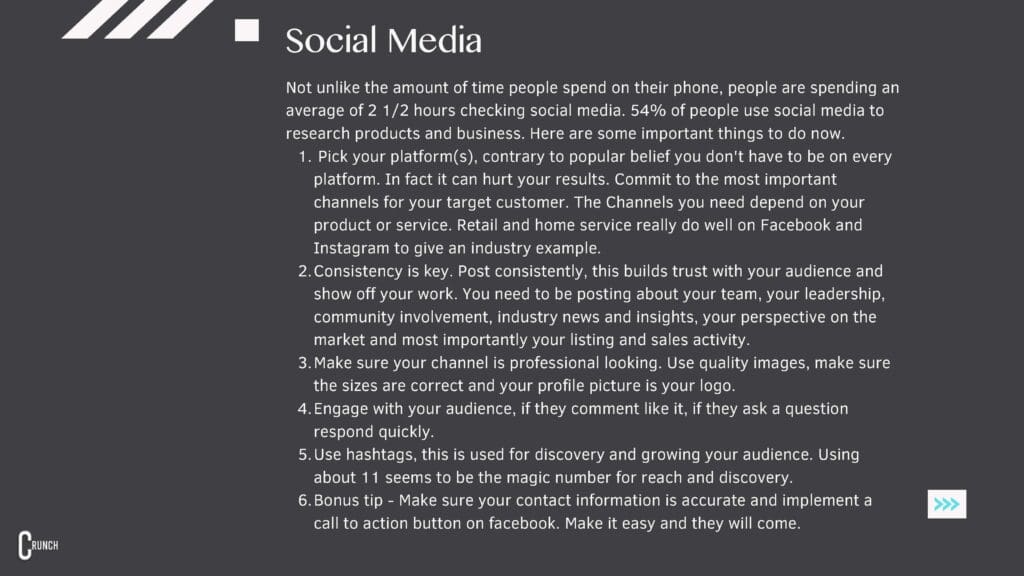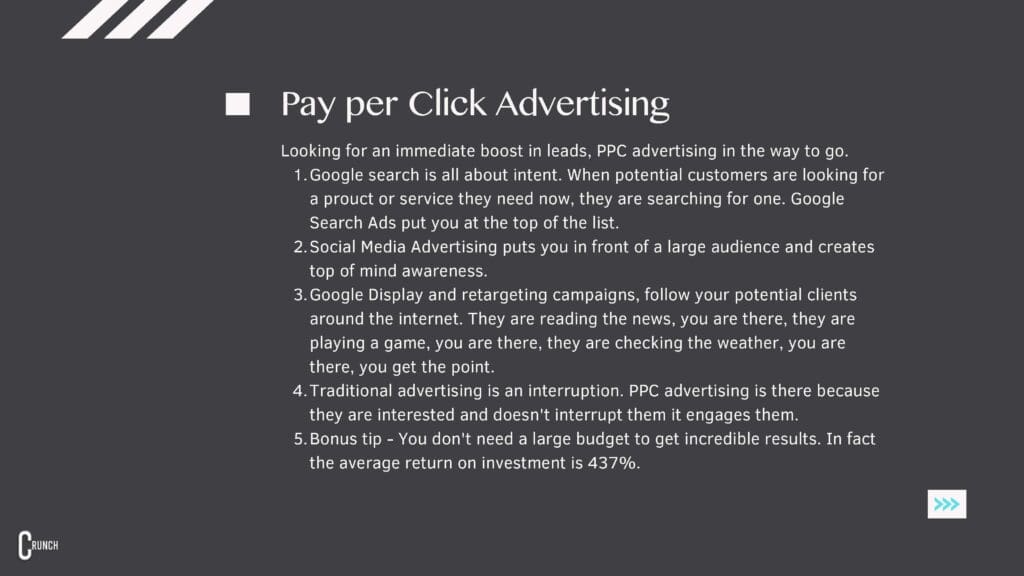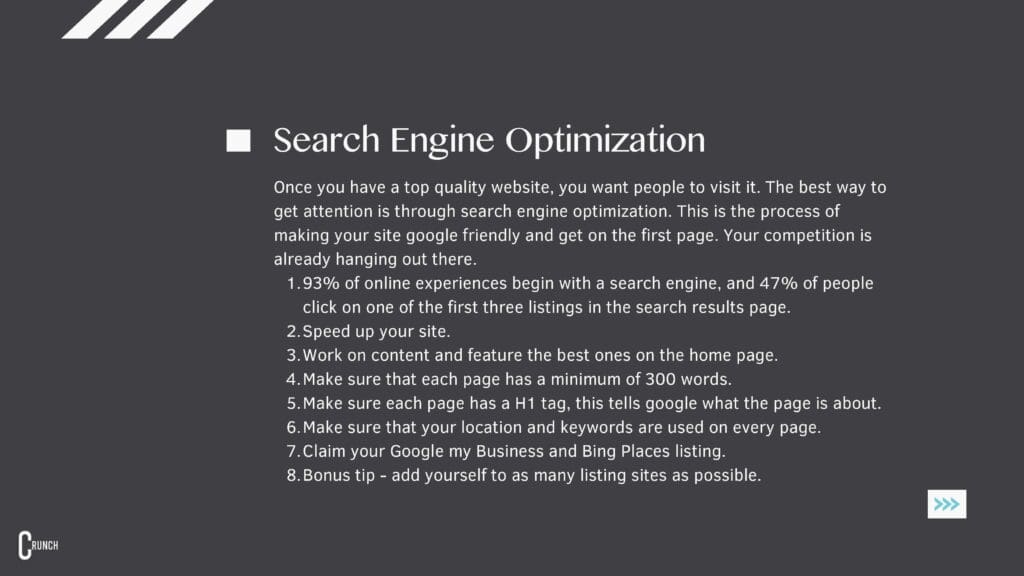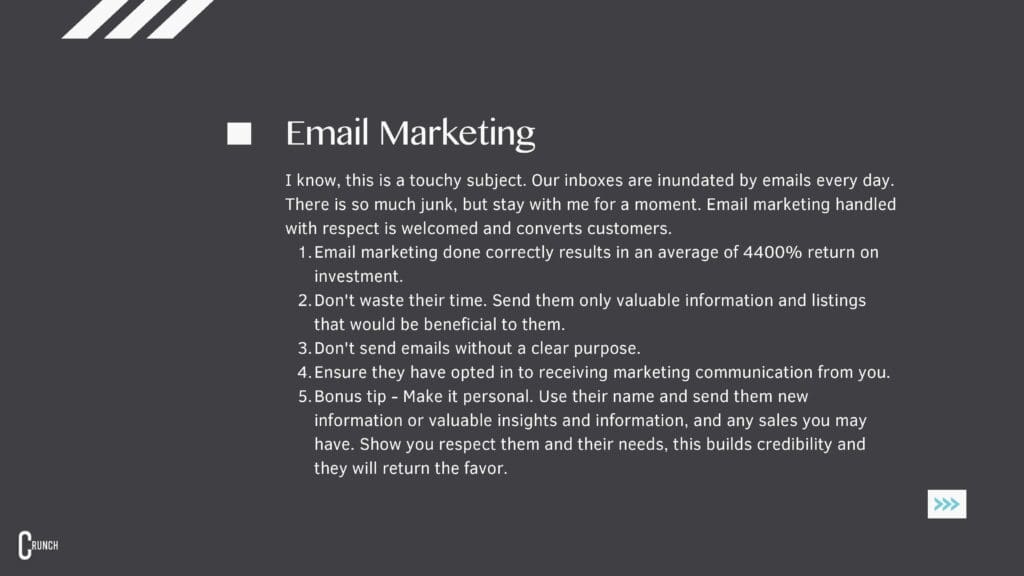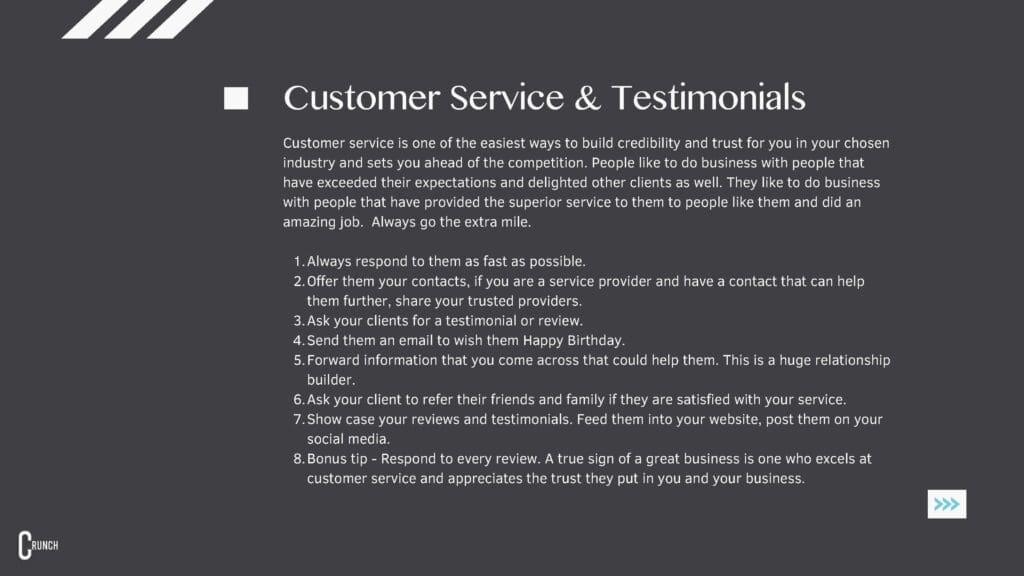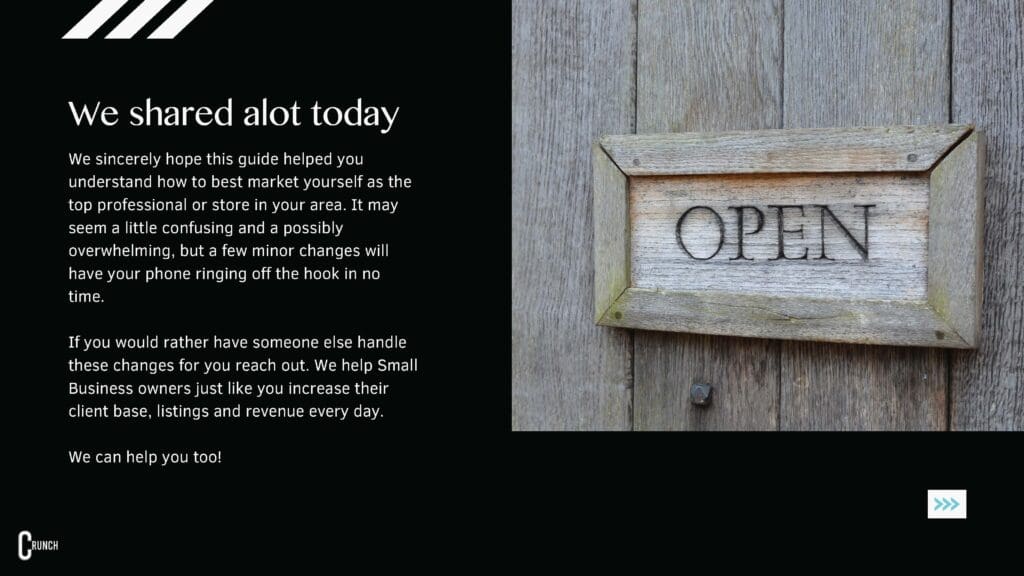As a business owner, marketing professional or employee, you’re responsible for portraying your company’s brand and image in the best possible light, both online and offline. That means that you’re often the first line of defense against negative comments about your brand. Instead of shying away from trolls and bullies, we need to be willing to stand up for what we believe in when it comes to speaking out against hate speech, bullying, racism and other types of abuse that have become more prevalent on social media platforms like Facebook, Twitter and Instagram.
Did you know that in the first quarter of 2022, Facebook shut down 1.6 billion fake accounts. If that isn’t staggering enough, that is down from the first quarter of 2021 when it shut down 1.7 billion!
I always say everyone is tough behind a keyboard. Some people find it easy to remove accountability, respect and common decency when they are not face to face or hiding behind a false persona. With that in mind lets look at some best practices for dealing with Trolls on your social media accounts.
Trolls want a reaction. They want you to engage.
Trolls are looking for reaction. They want a response from you, and they’ll use negative comments to get one. Their goal is to get under your skin—to make you feel bad, angry, scared, or hopeless. Trolls know that when we react negatively, we end up giving them exactly what they want: our attention.
So how do we respond?
First: ignore the trolls. Don’t engage with them! If someone says something mean about your business, your staff or about you personally, don’t respond by expressing anger or frustration; rather, express gratitude for their opinion and remember—it’s not really an opinion if it’s just an attack. You can even send them a private message thanking them for taking the time out of their day to share their thoughts with you, even if those thoughts are filled with nonsense and contempt.
Sometimes, you need to respond.
There are two big reasons why you should consider responding: First, it’s important to show your audience that you care and are listening even if you’re not going to address everyone who complains. Second, if someone makes an accusation or asks a question that is valid, then by all means, it’s worth responding. In this case, remember that a good response will help the person feel heard and understood—and might even lead them back into your community.
Sometimes, responding isn’t worth it. If the comment is off-topic or mean-spirited in nature—even if there’s some validity behind it—you can choose not to respond at all. That doesn’t mean people won’t see your silence as being rude; instead of engaging in conversation with someone who wants nothing more than to make trouble for you, block them from commenting on any future posts so as not to give them another opportunity for harassment!
Acknowledge the fact that people will disagree with you.
When it comes to negative comments, it’s important to remember that they’re par for the course. Not everyone is going to agree with your point of view, and some people will even go out of their way to say so. In fact, you can even expect that some people will take a negative tone if the situation calls for it.
It might be tempting at first glance but resist the urge to respond in kind—it’ll just give them exactly what they want: attention from you! Instead of engaging in an argument or attacking back at someone who disagrees with your opinions, try writing off their comments as “trolls” or “haters.” You don’t have time for such negativity in your life anyway!
Online bullies are not your target audience.
You can’t please everyone, and there will always be people who disagree with you. But it’s important to remember that these negative comments will never be your target audience. There are many people who will benefit from your content—people who find value in what you have to offer and want to hear more of your message. If a few negative comments get under your skin, remind yourself that they aren’t worth responding to. Your target audience is not the people who disagree with you; it’s the ones who agree with you!
Engage with commenters appropriately.
Negative comments can be discouraging, but don’t allow them to discourage you from continuing to post. When someone leaves a comment that seems negative, think about how you could respond in a positive way.
Don’t respond directly to trolls: If someone is being abusive or offensive, don’t feed the troll by responding directly. It’s OK for others who are watching your social media accounts to see the interaction, but do not engage with this person directly. You may have followers who don’t want their newsfeeds filled with negativity — and if you respond personally or publicly, it will become part of their experience as well.
Have a clear social media policy in place.
The first thing you should do is have a clear social media policy in place. Everyone from the CEO to the lowest-level employee should know exactly what it means to post content online and how to respond when others post negative comments about your company.
When dealing with negative comments, there are a few important things to keep in mind:
• Don’t make excuses or try to justify poor behavior—instead, apologize sincerely and move on.
• Don’t argue with people who are attacking you on social media; just block them instead.
• Make sure everyone who works for your company understands how their posts can affect others’ perceptions of the business—and that includes customers as well as employees!
Know how to flag negative comments and reports.
When you see negative comments and reports, know how to flag them. Make sure you’re flagged the right way, so that you don’t waste your time.
Know When to Flag: Flagging a comment is different than reporting it. You shouldn’t flag all your negative comment. Instead, only flag those posts that violate the guidelines of your page/group/community.
Know What to Flag: If someone is harassing someone, then report them for harassment by clicking on their name and selecting “Report” from their profile; if not, then just report them for violating terms of service by clicking on their name and selecting “Report” from their profile. Once reported by another user for violating terms of service, Facebook will investigate this issue more closely to determine whether there needs to be additional action taken against the person who posted these comments/reports containing evidence supporting their claim(s) – such as suspending them temporarily while further investigation occurs. If they think there aren’t enough grounds yet though then they’ll leave things alone until something changes within this person’s behavior towards others.
You don’t have to take abuse from trolls, but you should be careful not to feed them either.
If you don’t want to deal with trolls, there are a few things you can do to get them off your social media sites:
• Ignore the negative comments. If it’s not relevant or interesting content, just ignore it! You’re going to be tempted to respond because they’re bothering you, but that won’t help, it will just encourage them because they have your attention.
• Block the user from posting anything else on your account or seeing any of your future content by clicking on their name and selecting “Block” in the drop-down menu that appears. Or if they are DMing you, report their profile for violation of terms of service instead. This will also prevent them from sending any more DM’s
• Report offensive content as soon as possible. You should report abuse when it happens, so it doesn’t keep happening!
Remember that if you’re going to engage with your trolls, it should be done in a way that is constructive and not hostile. Trolls feed on negative emotions, so they will only stop if they believe they are not getting the reaction they want. It’s important that you don’t give them what they’re after—if anything, try to make them think twice before posting another comment like this
We help businesses just like yours with their marketing every single day and would love to do the same for you! Reach out!













